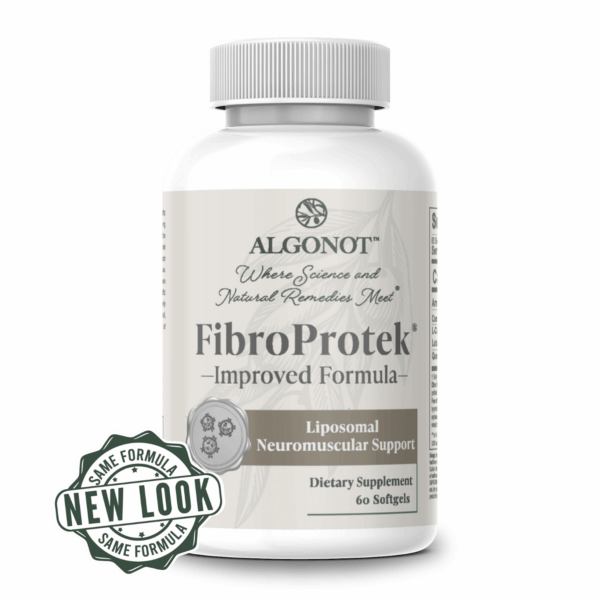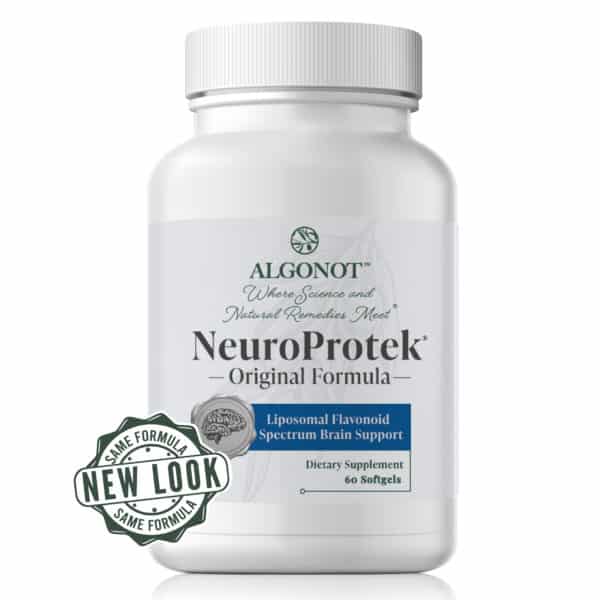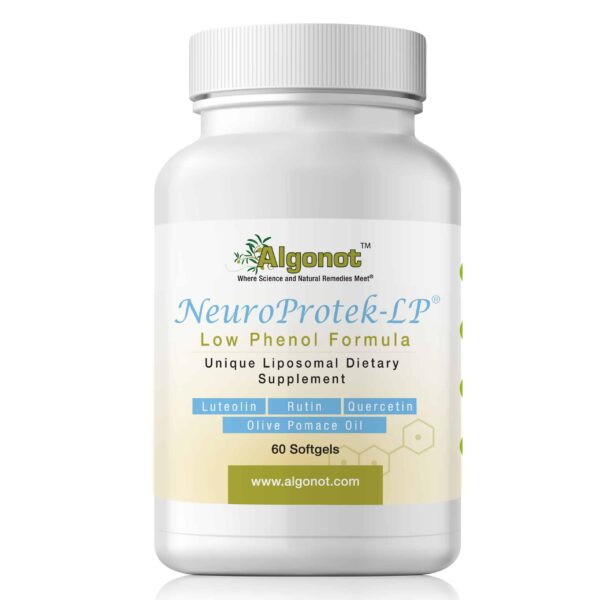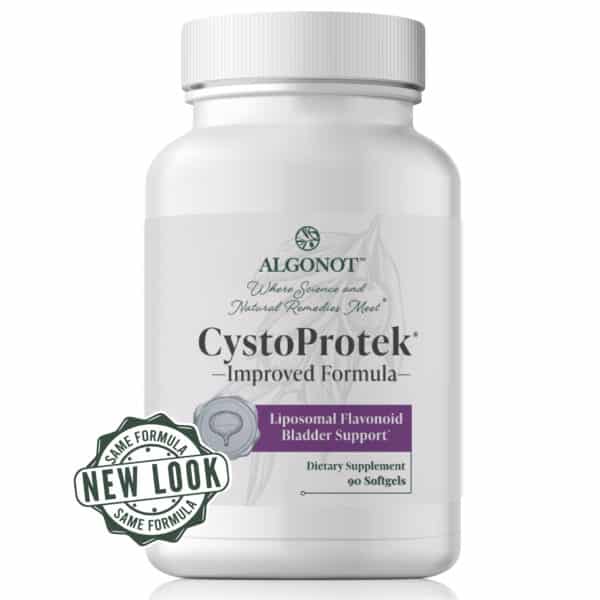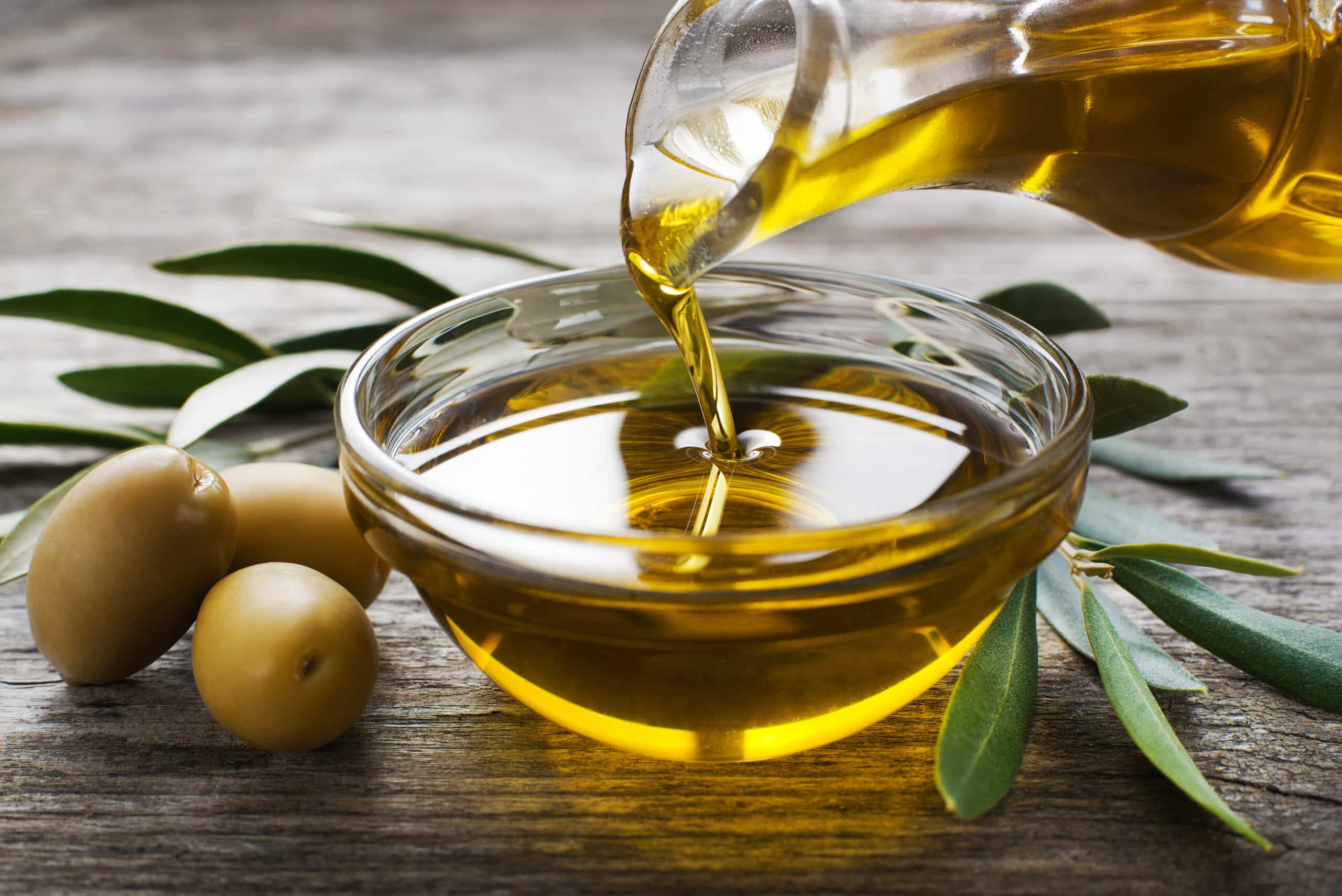Olive Oil History and Benefits
Algonot™ is the only company using patented liposomal formulations of flavonoids in olive pomace oil. This technology allows better absorption, while providing the well-known benefits of the Mediterranean diet, and indicating the Greek roots of its founder.
History and Characteristics
Olive oil has been used for thousands of years for many purposes, including cooking, lighting, and medicine. Wild olives originated in Syria about 6,000 B.C. and were cultivated first by Phoenicians in the coast of Asia minor (present Turkey). From there, olive trees moved to Crete, followed by mainland Greeks, Romans and then spread to the rest of the Mediterranean sites. The Olive Tree (Olea europaea) belongs to the family Oleaceae along with lilacs, jasmine and ash trees. The Olive Tree is among the oldest known cultivated trees in the world and was grown before any written language was created.
Olive oil is a symbol of tradition, nourishment, and the Mediterranean way of life. It embodies values of hospitality and community, and represents the connection between the Greek people and their land. Legend says that the ancient Athenians chose the olive tree offered by the Goddess Athina over water offered by Poseidon and hence their city was named Athina (Athens).
Olive Oil has been more than just a food to the cultures of the Mediterranean region. It has also been medicinal, ceremonial and the foundation of wealth and power. Homer called it “Liquid Gold.” Olive oil of has anointed the noblest of heads throughout history and is still used in baptism. Wreaths made of olive branches has crowned victorious athletes, generals and politicians.
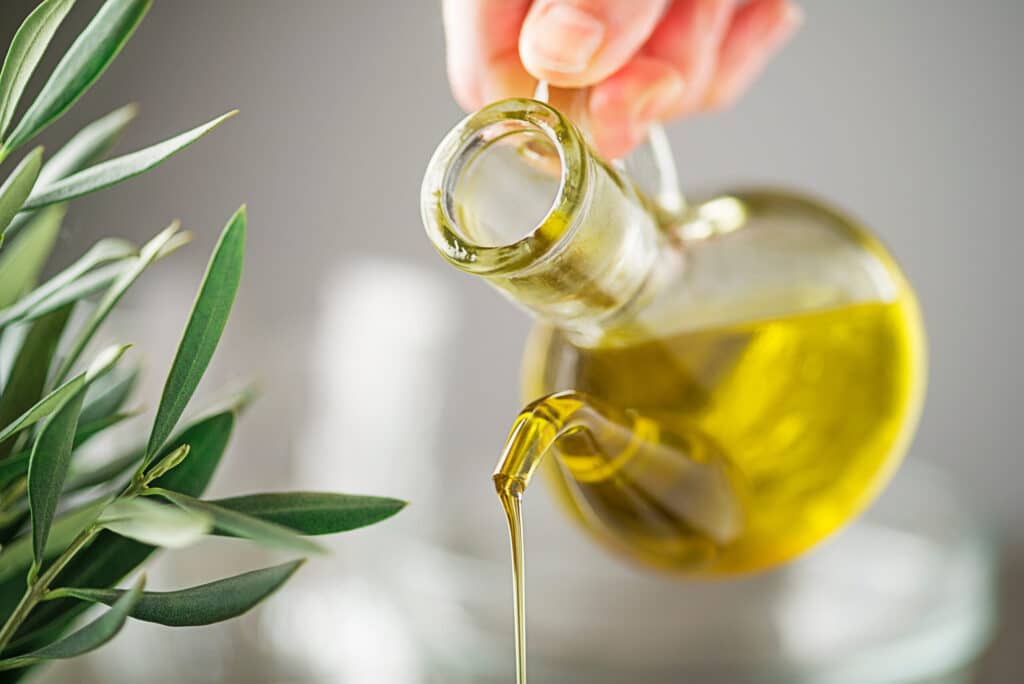
EVOO is rich in nutrients that may have health benefits, including:
- Extra virgin olive oil (EVOO) is the cold-pressed juice extracted from olives without any industrial processing or additives.
- There are hundreds of olive varieties used to make oils with unique sensory profiles, just as many varieties of grapes are used in wines.
- Monounsaturated fatty acids: a healthy, digestible fat that is good for the heart
- Antioxidants: the polyphenols hydroxytyrosol, oleocanthal and oleuropein, which help fight inflammation and chronic diseases that affect the cardiovascular and central nervous systems, especially the risk of cognitive decline.
- Omega-3: may help reduce blood pressure and prevent coronary artery disease.
- Vitamin E: a powerful antioxidant (13% of the daily value per tablespoon),
- Vitamin K: supports blood clotting (7% of the daily value per tablespoon).
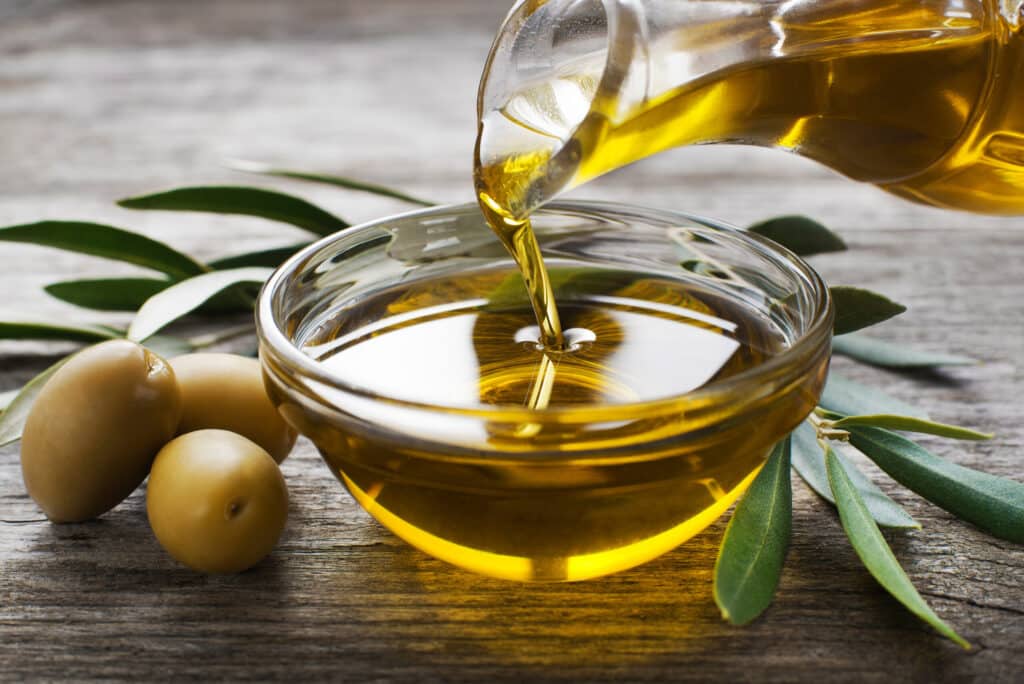
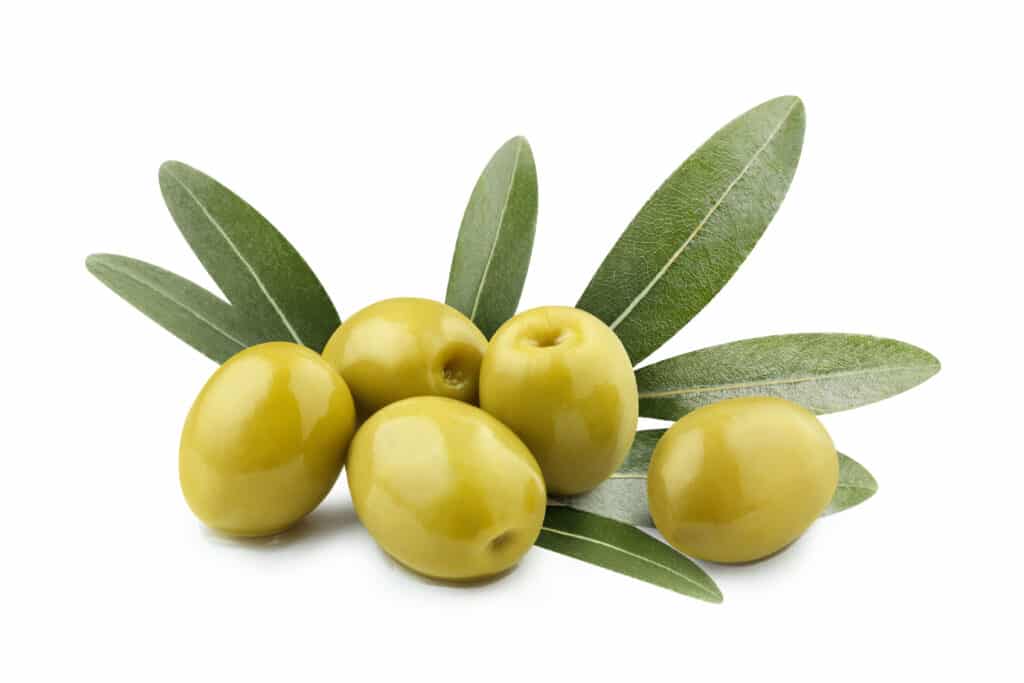
Olive pomace oil (OPO)
Olive pomace oil (OPO), unlike EVOO, OPO is obtained by processing EVOO, as well as the skin, seeds, stems and some leaves, using extraction methods. This is the same method used to produce most other edible oils, including canola, palm, soybean and sunflower oils, but unlike these saturated fat oils, OPO is healthier because it is over 80% monounsaturated fatty acids (oleic acid and omega 9 fatty acid) that reduce cardiovascular risk.
OPO is best extracted below 90oC, is cold-filtered using water, dehydrated to remove the water then carbon-filtered, a process that removes any harmful compounds that may have formed in the process of extraction, such as benzopyrenes, one of polycyclic aromatic hydrocarbons that are generated if the heat exceeds 300oC. Within the European Union and member states of the International Olive Council, the limit of benzopyrenes is two parts per billion or two micrograms per kilogram, as decided in Resolution RES 1/93-IV/05 Madrid in November of 2005. The OPO used in Algonot’s products is below this level.
OPO preserves the benefits of EVOO such as oleic acid, antioxidants, omega-3, vitamin E and vitamin K, and is gluten-free. The acidity of edible OPO is 0.3 grams per 100 grams of oleic acid (0.3%). ROPO does not contain as many polyphenols as EVOO making it safer to consume for those who have phenol intolerance (become hyperactive when consuming berries and chocolate). ROPO does not have the strong smell and taste of EVOO and is cheaper.
References:
- Papadopoulou P, Polissidis AV, Kythreoti G, Sagnou M, Stefanatou A, Theoharides TC. Anti-inflammatory and neuroprotective polyphenols derived from the European olive tree, Olea europaea L, in Long COVID and other conditions affected by brain fog. Intl J Mol Sci. 2024. In press.
- Filardo S, Roberto M, Di Risola D, Mosca L, Di Pietro M, Sessa R. Olea europaea L-derived secoiridoids: Beneficial health effects and potential therapeutic approaches. Pharmacol Ther. 2024;254:108595.
- Monteiro CS, Adedara IA, Farombi EO, Emanuelli T. Nutraceutical potential of olive pomace: insights from cell-based and clinical studies. J Sci Food Agric. 2024;104(7):3807-3815
- de Aguiar Sobral P, Miyahira RF, Zago L. Health Outcomes Related to the Consumption of Olive Products: A Brief Review. Plant Foods Hum Nutr. 2023;78(4):643-653.
- Fazlollahi A, Motlagh Asghari K, Aslan C, Noori M, Nejadghaderi SA, Araj-Khodaei M, Sullman MJM, Karamzad N, Kolahi AA, Safiri S. The effects of olive oil consumption on cognitive performance: a systematic review. Front Nutr. 2023;10:1218538.

